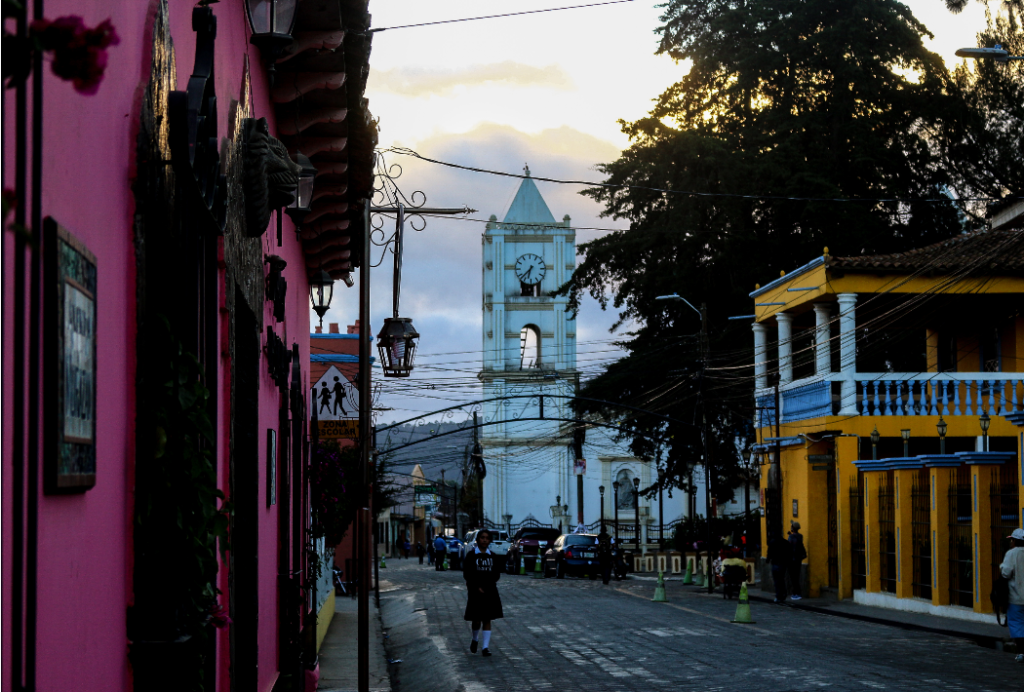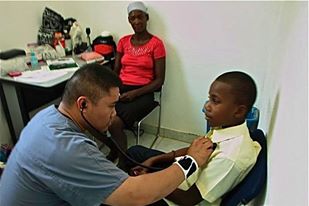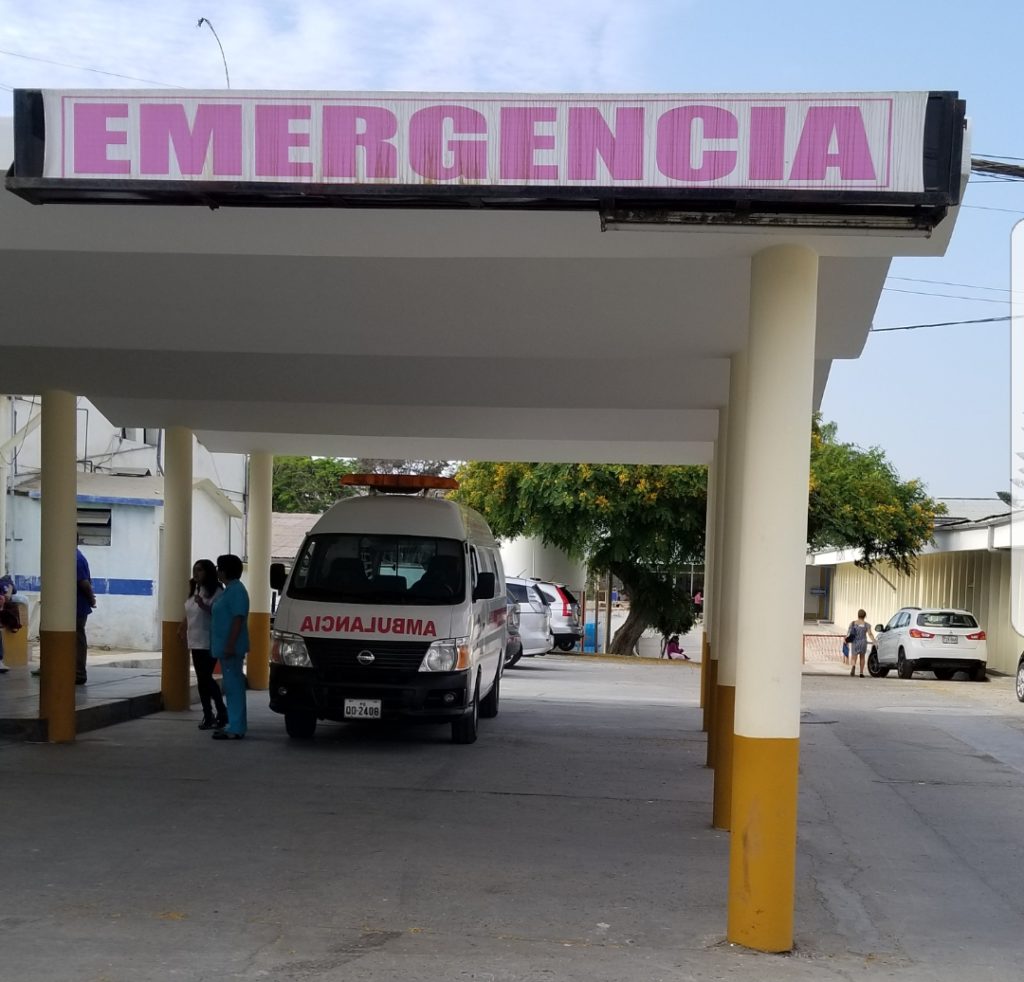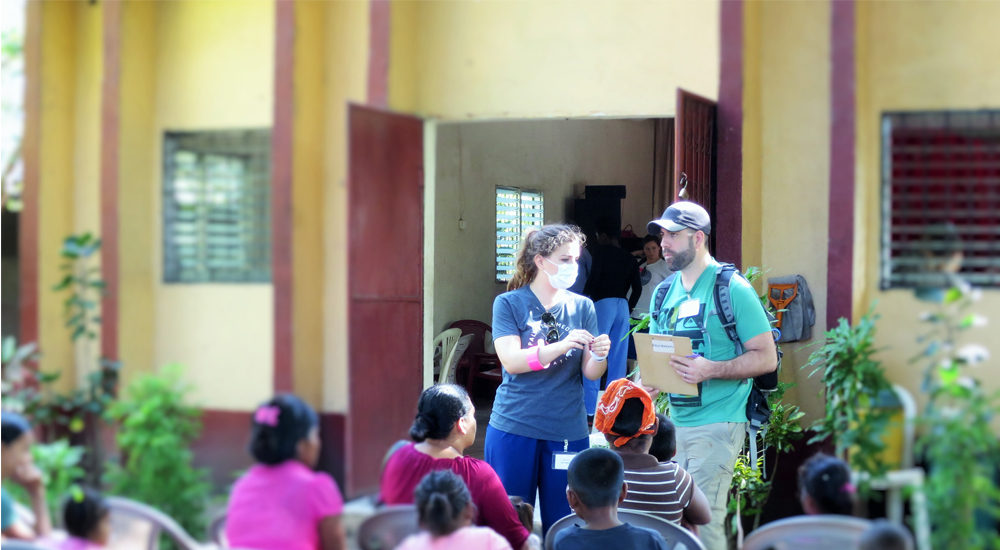Scope of practice: Should Western volunteers do clinical work in developing countries?
April 23, 2018 |
The old aphorism goes: “If you can’t do it here, don’t do it there.”
Mention volunteer scope of practice in an academic setting, and you’ll hear eye-popping tales of malfeasance abroad. Undergraduates delivering babies. Medical students practicing procedures on unsuspecting patients. How often do these horrors actually happen? Beyond the anecdotes, we don’t really know.
But beyond the stories lie the subtleties. On most projects, undergraduates are put to work diligently measuring blood pressures, weights and heights, or counting pills. In the words of one brigade lead, they are the MPGs, or Multi-Purpose Gringos. And what’s the harm anyway?

What’s the harm of students doing clinical work abroad?
Dr. Jessica Evert (the well-spoken executive director of Child Family Health International) will tell you what the harm is. She led her standing-room-only session at the Consortium of Universities for Global Health conference with a pointed statement: “I never practice medicine abroad.”
And, she continued, neither should students. The implicit social contract of medicine in North America allows our learners to practice and hone their craft (making mistakes in the process) because ultimately, they will become active members of our healthcare workforce. The same cannot be said for international volunteers, who will hoard the experiences they gain in developing countries and then return home, further cheating already fragile healthcare systems.
There’s more. Medical volunteers often get a free pass from critics of voluntourism. But it’s worth mentioning that even fully licensed Western physicians are not trained for the realities of practice in a resource limited setting. They might be competent in an urban setting, but that’s a far cry from decision making in remote villages with limited diagnostic tests, all in the face of cultural and language challenges.
All compelling points. The problem is that it doesn’t do much for marginalized patients who have immediate healthcare needs and limited access to care. It also implies that imperfect help is always worse than no help at all.

What’s my scope of practice anyway?
My annual reapplication for hospital privileges arrives with an attached checklist of skills and procedures that I am qualified to provide – in other words, my scope of practice. The first time I filled one out, I scrutinized it carefully, checking most but not all of the boxes.
Diagnostic peritoneal lavage? Nope. Seen it in a textbook though.
Perimortem C-section? Nope. That would be a dark day indeed.
A letter from the hospital administration quickly followed. The gist of it was: just check all the boxes. That’s what you’re supposed to do. And check the boxes I did.
But seldom performed procedures become rusty, and eventually, as good as useless. Others are simple manual skills – I have a hard time believing that a trained student does any worse at measuring blood pressure and weights than I would. Still more rely on known (but complex) skills and techniques – even though I may have never done them before, I would feel competent making the attempt. Under the right circumstances.
In other words, scope of practice is a constantly moving target.

Practicing in remote settings, at home and abroad
Scope of practice is inextricably tied to standard of care, which is equally dynamic and complex.
In court, the legal standard by which a physician will be judged is what a peer with identical training, in the same place, would have done under identical circumstances. It amounts to using one’s judgment to ensure that the right person is doing the right job at the right time.
For example, what is expected of me in an urban hospital has only a passing relationship with what is expected of me in rural northern Ontario. That peritoneal lavage? In an emergent trauma case, without the benefit of an ultrasound, it might be the only option. The complex laceration repair that I would never attempt in an urban hospital with a plastic surgeon only a phone call away? It might be the best option for the patient when I am a six hour return flight from the nearest city.
Ditto for that perimortem C-section.
Conversely, in a Peruvian hospital I was asked to perform a phlebotomy (a routine blood draw). On paper, I was eminently overqualified for the task. But in reality, I haven’t done one since medical school. I felt uncomfortable, and told the Peruvian staff doctor exactly that. He appeared surprised, then found a tech to do the job.

What’s the bottom line?
Should Western doctors and students treat patients when they travel abroad?
Not if there’s a local who can do it. And the decision to carry out a complex procedure is one that requires an active assessment of the ethics: is this truly urgent and necessary? Who will follow-up if there are complications? Am I the best person to do this under the circumstances?
On the other hand, for bread-and-butter common diseases encountered in most remote clinics, guidelines and algorithms can allow Western physicians to make safe, reliable decisions. Good programs should emphasize predeparture training, and ideally include a component of capacity building for local providers in their projects.
Learn more about our approach to medicine on short-term medical service trips here.
Register
Sign up for free to flag trips of interest and email organizations directly through our directory.
Comments
0 comments